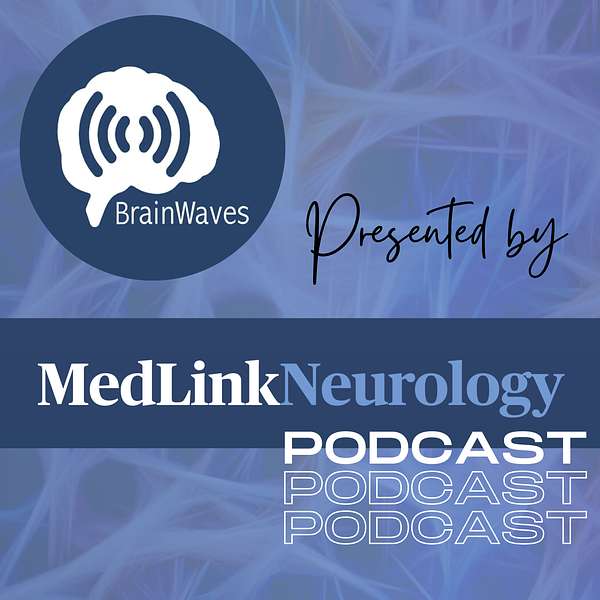
MedLink Neurology Podcast
MedLink Neurology Podcast
BrainWaves #152 It’s not over yet…part 2: Post-publication peer-review
MedLink Neurology Podcast is delighted to feature selected episodes from BrainWaves, courtesy of James E Siegler MD, its originator and host. BrainWaves is an academic audio podcast whose mission is to educate medical providers through clinical cases and topical reviews in neurology, medicine, and the humanities. Episodes originally aired from 2016 to 2021.
Originally released: November 28, 2019
Peer review prior to publication of medical data dates back to the 9th century CE but has only really gained steam in the past 70 or 80 years. Ideally, peer review would serve as an initial filter for data that enter a permanent public scientific record. But peer review is not without flaws. In the second installment of the BrainWaves segment, “It’s not over yet…,” we discuss publication as a potential source of bias and highlight the reasons why it should not be the final step of the peer review process.
Produced by James E Siegler. Music courtesy of Cullah, Lee Rosevere, John Bartmann, Kevin McLeod, and Jon Watts. Sound effects by Mike Koenig and Daniel Simion. BrainWaves' podcasts and online content are intended for medical education only and should not be used for clinical decision-making. Be sure to follow us on Twitter (now X) @brainwavesaudio for the latest updates to the podcast.
REFERENCES
Bingham C, van der Weyden MB. Peer review on the Internet: launching eMJA peer review study 2. Med J Aust 1998;169(5):240-1. PMID 9762058
Godlee F, Gale CR, Martyn CN. Effect on the quality of peer review of blinding reviewers and asking them to sign their reports: a randomized controlled trial. JAMA 1998;280(3):237-40. PMID 9676667
Haffar S, Bazerbachi F, Murad MH. Peer review bias: a critical review. Mayo Clin Proc 2019;94(4):670-6. PMID 30797567
Jefferson T, Alderson P, Wager E, Davidoff F. Effects of editorial peer review: a systematic review. JAMA 2002;287(21):2784-6. PMID 12038911
Jefferson T, Rudin M, Brodney Folse S, Davidoff F. Editorial peer review for improving the quality of reports of biomedical studies. Cochrane Database Syst Rev 2007;2007(2):MR000016. PMID 17443635
Mandavilli A. Peer review: Trial by Twitter. Nature 2011;469(7330):286-7. PMID 21248816
Ware M. Peer review: Benefits, perspectives, and alternatives. Publishing Research Consortium, 2008.
We believe that the principles expressed or implied in the podcast remain valid, but certain details may be superseded by evolving knowledge since the episode’s original release date.